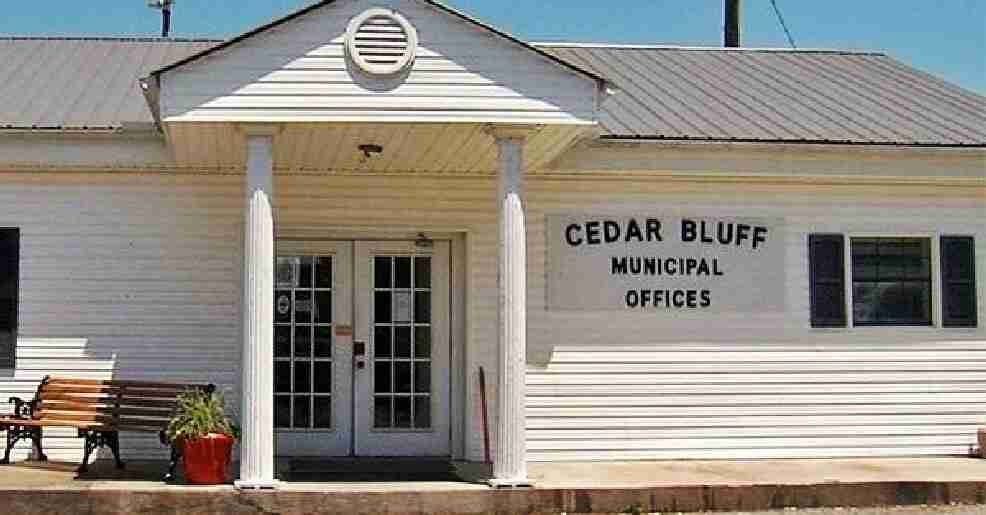The latest edition of “Live Well Cherokee”, focused on “American Heart Month” – coming up in February, and featured a visit (via telephone) with Floyd Medical Center Public Relations Director Dan Bevels and Director of Nutrition Systems at Floyd, Sue Brown.
In her capacity as a Clinical Nutrition Manager Ms Brown helps individuals make important heart-healthy choices, with the understanding that taking care of yourself should start now:
She stressed that in addition to exercise, proper nutrition is a key factor:
She also emphasized the importance of making whole grains a regular part of your diet:
February 2021 marks the 57th consecutive “American Heart Month”; the first proclamation was issued by President Lyndon B. Johnson in February of 1964 – nine years after he had a heart attack. Cardiovascular disease (heart disease and stroke combined) kills roughly 2,300 a day – and obesity in both youth and adults is at an all-time high.
Heart health is an extremely serious matter – Floyd Medical Center and the American Heart Association want you to take steps to increase your life span, and impress upon others, that you can make a difference in how you feel and hopefully prolong your life by making simple changes in your lifestyle.
To hear Tuesday’s interview in its entirety simply click the link provided:
FROM THE AMERICAN HEART ASSOCIATION
February of 2021 marks the 57th consecutive American Heart Month
It’s no secret February is all about hearts — but not just the candy kind.
It’s also American Heart Month, a time the nation turns its attention to keeping families and communities free from heart disease, the No. 1 killer of Americans.
The federally designated event reinforces the importance of heart health and the need for more research, with a reminder to get families, friends and communities involved. It’s a tradition that’s over half a century strong. The first proclamation was issued by President Lyndon B. Johnson in February 1964, nine years after he had a heart attack. Since then, the president has annually declared February American Heart Month.
With organizations such as the American Heart Association and others working together, millions of people are enjoying longer, healthier lives. But despite all the progress, heart disease remains the single largest health threat to Americans — just as it was when LBJ was alive.
Cardiovascular disease (heart disease and stroke combined) kills around 2,300 each day – obesity in both youth and adults is at an all-time high, youth are being diagnosed with heart disease earlier than ever and people just ZIP codes apart can live 25 years less than their neighbors because of disparities in health. American Heart Month is vital for awareness, but the American Heart Association urges people to take care of their hearts year-round. Consider the facts:
- Heart disease kills more people than all forms of cancer combined.
- Heart attacks affect more people every year than the population of Dallas, Texas.
- 83% believe that heart attacks can be prevented but aren’t motivated to act
- 72% of Americans don’t consider themselves at risk for heart disease.
- And 58% put no effort into improving their heart health.
While science is advancing medicine in exciting new ways, unhealthy lifestyle choices combined with rising obesity rates in both kids and adults have hindered progress fighting heart disease.
The good news is that heart disease is preventable in most cases with healthy choices, that include not smoking, maintaining a healthy weight, controlling blood sugar and cholesterol, treating high blood pressure, getting at least 150 minutes of moderate-intensity physical activity a week and getting regular checkups.
For more information, visit www.heart.org







